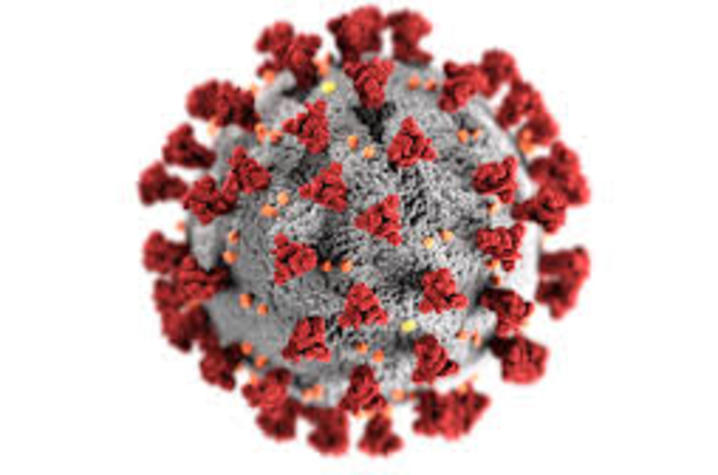UK Research Team Has Work Highlighted in AAAS' Science Journal

A group of University of Kentucky professors and scientists efforts to identify possible direct therapeutic approaches to treat COVID-19 was published in the Perspectives section of the most recent issue of Science, a journal of the American Association for the Advancement of Science (AAAS).
"Rapid repurposing of drugs for COVID-19," is authored by Kip Guy, dean of UK College of Pharmacy; Robert DiPaola, dean of the UK College of Pharmacy; Frank Romanelli, professor in the UK College of Pharmacy; and Rebecca Dutch, professor in the UK College of Medicine.
The article details the approach to repurpose approved drugs that are currently developed for other uses.
"We can do this by reviewing existing detailed information on human pharmacology and toxicology," said Guy. "That enables us to create clinical trials at a more rapid pace, which leads to faster regulatory review."
Time is a critical component in the race for therapeutic development, especially as we continue to learn more about COVID-19 and how quickly it spreads compared to other strains of coronavirus. Supportive care is currently the only available treatment for COVID-19 patients -- most of whom recover within one to three weeks -- though some patients develop severe illness that can progress to acute respiratory distress syndrome (ARDS), which can be deadly.
To address the need for rapid discoveries in the treatment of COVID-19, the College of Medicine launched a transdisciplinary, cross-campus team with the Office of the Vice President for Research to develop activities in the laboratory and clinical trials: the COVID-19 Unified Research Experts (CURE) Alliance. This team, with leaders from UK's Markey Cancer Center, College of Medicine and College of Pharmacy, worked together to launch a clinical trial for experimental therapies to treat patients in Kentucky who are infected with COVID-19.
The trial will investigate the effectiveness of azithromycin, ivermectin and camostat mesylate — drugs that could inhibit replication of SARS-CoV-2, the virus that causes the disease. The three will be tested either as stand-alone therapies or in combination with the antimalarial drug hydroxychloroquine.
The trial has a “pick-the-winner” design, which will allow UK researchers to rapidly understand what potential therapies appear to be effective, guiding patients to treatments that work and researchers to promising drugs that warrant further investigation.
"The process of trial development is typically done over time -- we are talking months, sometimes years, of work," DiPaola said. "Fortunately, with combined expertise, leveraging the strength of our colleges, departments, and centers, we were able to create a UK-driven clinical trial in record time, making it available as an option for those patients in need.”
A number of treatments for other diseases currently under development are being considered for this trial. For example, research on various antibodies used to treat acute lung injury and pulmonary arterial hypertension show promise in efforts to reduce viral entry in patients. Camostat mesylate, approved in Japan for the treatment of chronic pancreatitis and post-operative gastric reflux, has been shown to potentially block infection of COVID-19 virus. The UK trial will be among the very first in the world to include this novel treatment.
Many are familiar with the antimalarial drugs chloroquine and hydroxychloroquine, as both have gained media attention for their potential to treat COVID-19. While in some cases these drugs have been shown to be effective at treating COVID-19, there are potential risks, including cardiac toxicity.
"It's important to understand and measure both the risks and benefits of any drug that may have potential to treat COVID-19," said Dutch, a virologist, chair of the Department of Molecular & Cellular Biochemistry and head of the CURE Alliance team. "SARS-CoV-2, which causes COVID-19, is likely to be endemic to the human population, with multiple disease peaks before herd immunity is established, or until a vaccine is identified. It's a delicate balance of aggressive testing and thoughtful, well-designed randomized clinical trials that provide proof of safety and efficacy."
More from this series Research Support
Credits
Mallory Olson (Public Relations and Strategic Communications)


